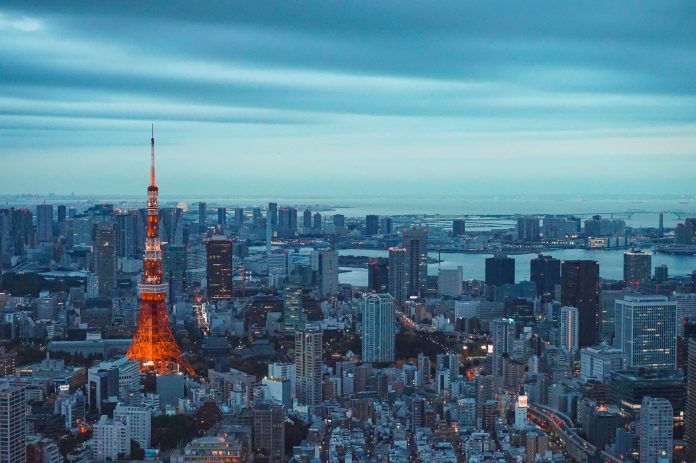Japanese vessel owners currently control 12% of the global fleet’s deadweight tonnage (DWT), making Japan the world’s third-largest shipowning nation. According to Niels Rasmussen, Chief Shipping Analyst at BIMCO, Japan is one of only three countries—alongside China and Greece—where owners hold more than 10% of global DWT capacity.
The global fleet, totaling 2.4 trillion deadweight tonnes (DWT), is owned by 16,622 ship owners across 178 countries. Of these, 604 are based in Japan, with fleet sizes ranging from just 115 DWT to 28.6 million DWT.
During the economic miracle of post-war Japan, the country’s international trade grew alongside the economy. Measured in US$, Japan was the third largest merchandise exporter for 30 years between the early 1970s and early 2000s. Exports peaked at 10% of global merchandise trade in 1986.
In most years during the same period, Japan was also the world’s third-largest merchandise importer, with imports peaking at 7% of global merchandise trade in 1974.
“While Japan’s exports and imports share of global merchandise trade have both fallen to 3%, the size of the fleet has remained strong,” pointed out Rasmussen.
The three co-owners of Ocean Network Express (ONE), MOL, NYK Line and K Line, remain the largest of the Tokyo-based ship owners. Combined with other Tokyo vessel owners they own 48% of the Japanese fleet, making Tokyo the fourth-largest shipping city in the world.
Surprisingly, the second largest shipping city in the country is neither Yokohama, Osaka, Nagoya, Sapporo, nor Kobe. Instead, it is Imabari, a city in the Ehime prefecture with a population of only 152,000. The city is home to 112 ship owners that combined own one-third of the Japanese fleet. That not only makes Imabari the second largest shipping city in the country, but also the sixth largest shipping city in the world, only slightly behind Singapore in the number five spot.
Like their compatriots in Tokyo, Imabari-based companies, such as Nissen Kaiun KK, Shoei KK and Mizuho Sangyo, own a large share of the world’s bulk and container fleet but are less involved in the tanker sector.
Tokyo-based owners dominate the sector in which Japan owns the largest fleet in the world: gas tankers.
“The Japanese-owned fleet has grown only marginally during the past ten years, and the gap to the fleets of China and Greece has widened. However, Japan remains critical to the shipping industry, and its ship owners and shipyards could stand to benefit from the fees that the US will apply to Chinese-owned and Chinese-built ships,” said Rasmussen.







